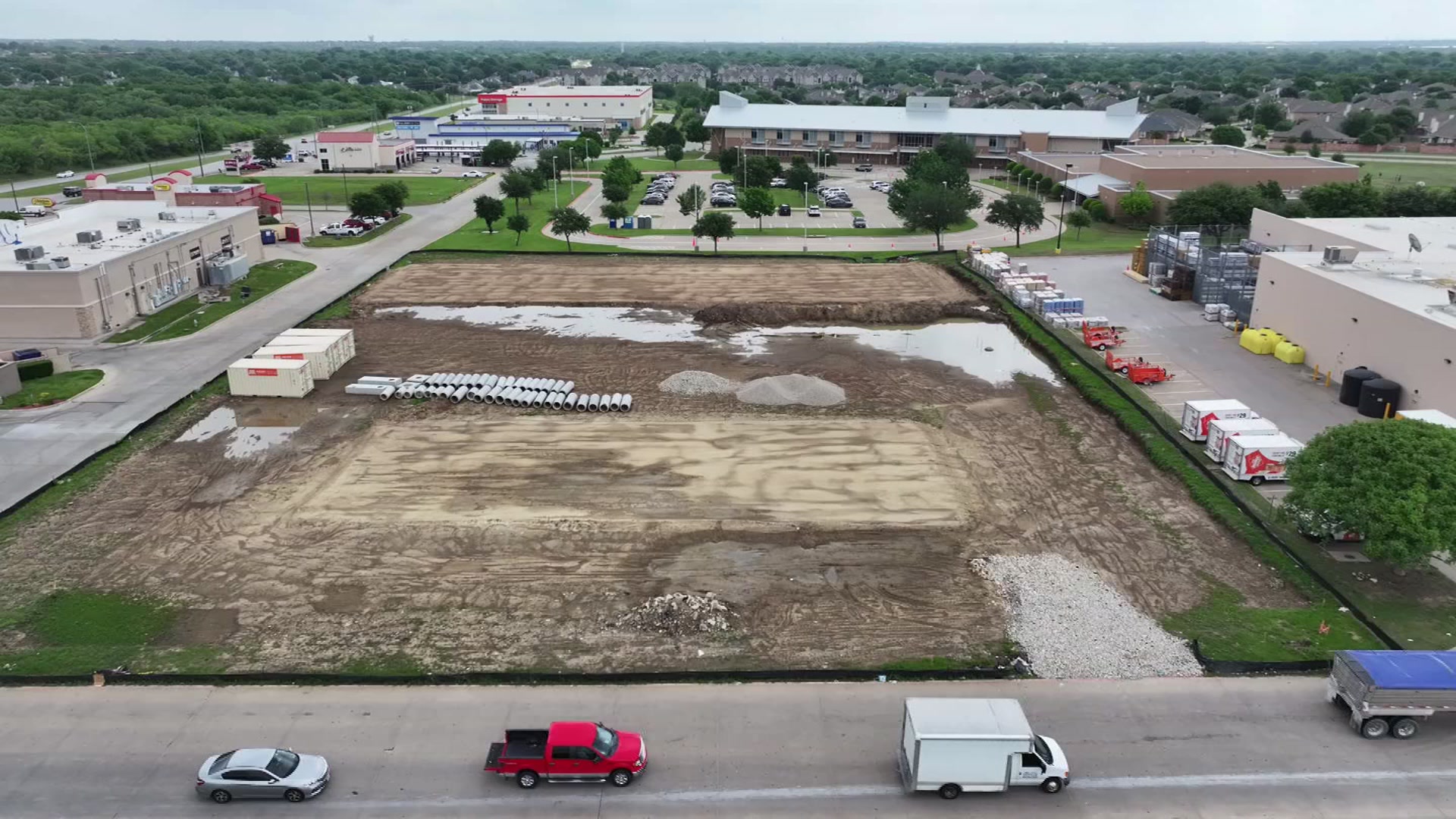Bone metastases occur in over 40 percent of patients with advanced breast, prostate, and kidney cancers. Bones weaken, break, and sometimes cause paralysis. A new approach to the MRI is detecting bone cancer sooner and saving lives.
After working in an oil refinery for 28 years, 64-year-old Joe Bird got kidney cancer, which spread throughout his body. His kidney, his brain, and now …
“I’ve got a big knot right here on my leg. I had it checked. It’s cancer,” Bird said.
The bone cancer was detected using a new MRI protocol called ‘detect,’ which can scan the entire body and provide high quality images in just seven minutes.
James Brugarolas, MD, PhD, Director, Kidney Cancer Program at UT Southwestern Medical Center said, “And three years later, he’s around and doing reasonably well, that’s quite amazing.”
Typically, an MRI scan takes 20 to 90 minutes. The seven-minute MRI breakthrough developed by UT Southwestern in Dallas is fast and more accurate.
Dr. Brugarolas said, “With that protocol we can find metastases that are ordinarily missed with other forms of imaging in a way that is very quick.”
Local
The latest news from around North Texas.
The magnetic resonance imaging scanners have been modified to provide images of the body without distortion and provide information that wasn’t available before. That, plus immunotherapy, has been a life- saver for Bird.
Bird said, “I feel very special.”
“It takes a lot of courage to deal with cancer. And, an incredibly supportive environment and Joe has that.” Dr. Brugarolas shared.
Anita Bird, Joe’s wife, said, “And here we are three years later. We’re still fighting it.”
In this first study involving metastatic kidney cancer, investigators found 30 percent more bone metastasis that had been previously missed with conventional approaches.
Contributors to this news report include: Don Wall, Field Producer; Mark Montgomery, Videographer; Cyndy McGrath, Supervising Producer; Hayley Hudson, Assistant Producer; Dave Harrison, Editor.




